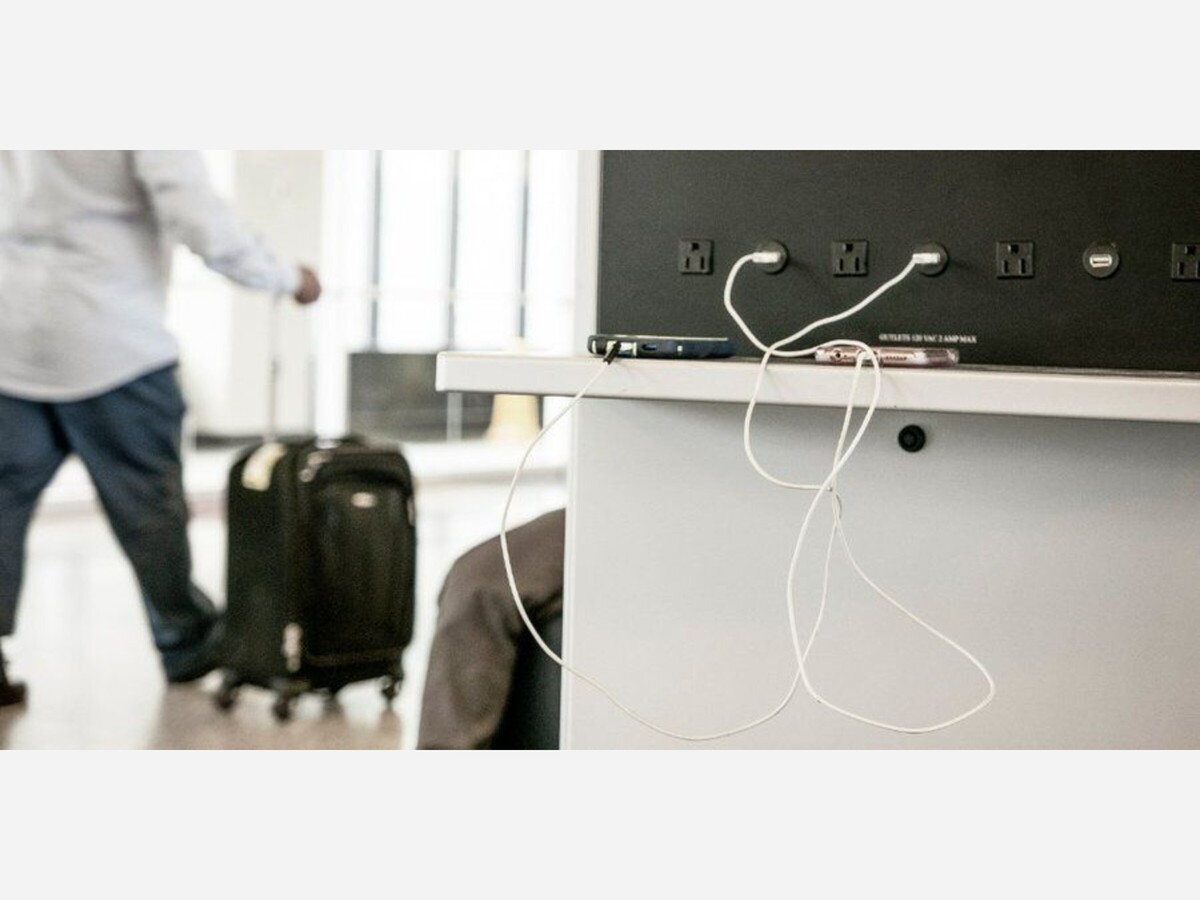Public Charging Stations Pose Cybersecurity Risks, FBI Warns
FBI Cautions Against Public USB Ports: The Hidden Dangers of "Juice Jacking"
You may want to reconsider using public charging stations for your electronic devices, as the FBI recently advised against their use due to potential cybersecurity threats. The warning, posted on Twitter by the FBI's Denver office, urged individuals to avoid free charging stations in airports, hotels, and shopping centers, as malicious actors have discovered methods to exploit public USB ports to introduce malware and monitoring software onto devices.
Though the tweet did not reference any specific incidents, the FBI clarified that it was a routine reminder, referring Axios to an FCC consumer warning last updated in 2021. Termed "juice jacking," this new form of cyber-theft involves criminals installing malware on public USB charging stations to gain unauthorized access to electronic devices while they charge.
The FCC warns that malware transmitted through a compromised USB port can lock a device or extract personal data and passwords, which can then be used by criminals to access online accounts or sold to other malicious parties. In some instances, perpetrators have left infected cables at charging stations, making unsuspecting users vulnerable to these attacks.
Although few cases of juice jacking have been reported in recent years, and the attack is challenging for hackers to execute, successful attempts could grant them unrestricted access to victims' devices. To prevent falling prey to juice jacking, the FCC recommends carrying a personal charger and USB cable, using AC power outlets, bringing car chargers and portable chargers or external batteries, and considering a charging-only cable from a reputable supplier to avoid data transmission while charging.
In addition to the risks posed by public charging stations, public WiFi networks present another avenue for cybercriminals to target travelers. The FCC offers a consumer guide on wireless connections and Bluetooth security tips to help individuals stay protected.















